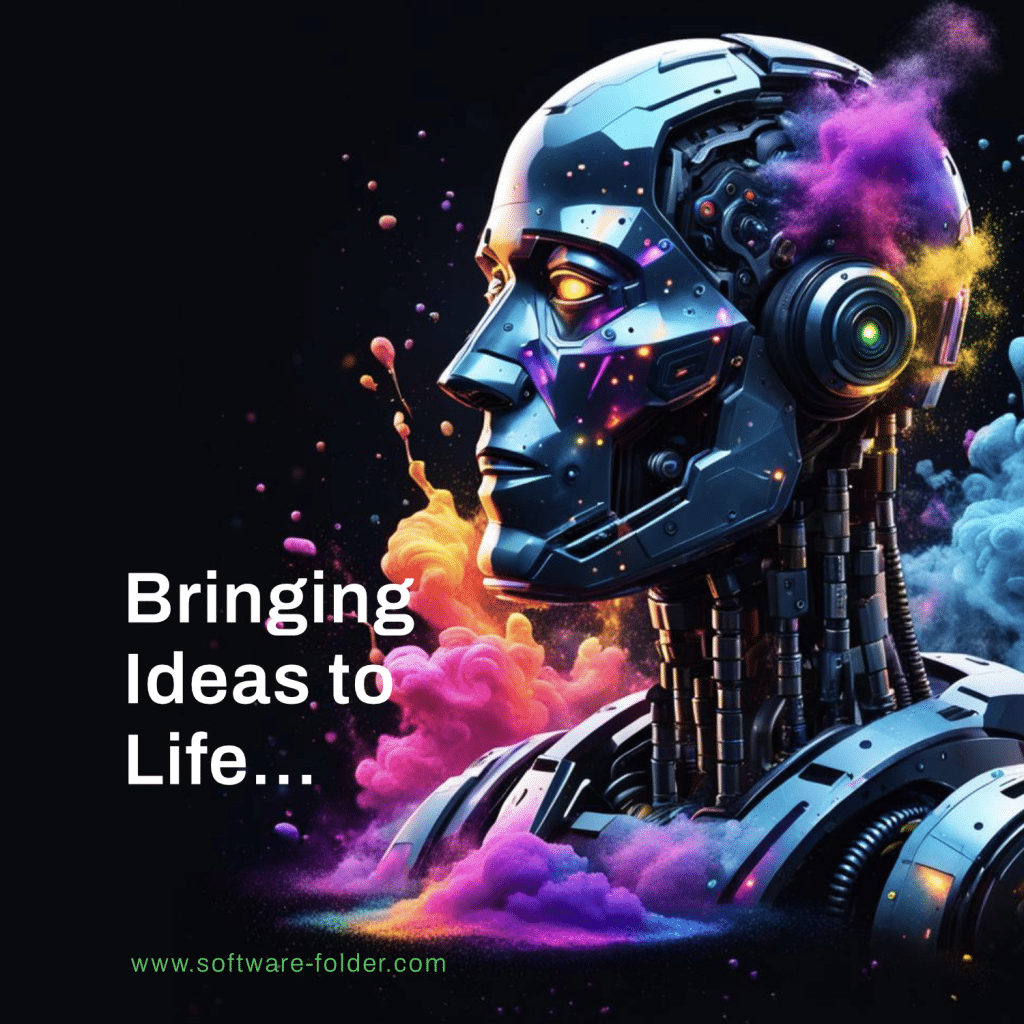Nurturing new AI skills is essential in today’s fast-evolving technological landscape. Crafting effective prompts, interpreting and refining AI-generated output, and integrating AI-generated work into projects have become necessary skills for professionals across various fields. These capabilities enable individuals to maximize the utility of AI tools, ensuring that the output aligns with their specific needs and objectives.
Nurturing New Skills
Nurturing new AI skills is essential in today’s fast-evolving technological landscape. Crafting effective prompts, interpreting and refining AI-generated output, and integrating AI-generated work into projects have become necessary skills for professionals across various fields. These capabilities enable individuals to maximize the utility of AI tools, ensuring that the output aligns with their specific needs and objectives.
Continuous learning and staying abreast of the latest advancements in AI are critical, as the field evolves rapidly. Creators must keep up with new algorithms, tools, and methodologies to remain competitive and effective. This commitment to ongoing education helps individuals adapt to changes, implement cutting-edge solutions, and maintain a strategic edge in their respective industries. By investing in the development of these AI skills, professionals can leverage AI technologies to drive innovation, efficiency, and growth.
Beyond technical skills, effective use of AI also demands a strategic mindset. This includes identifying the right problems for AI to solve, integrating AI into existing workflows, and assessing its impact on business outcomes.
Some Emerging AI Skills
It’s essential to align AI initiatives with organizational goals to ensure they add real value. Moreover, managing the change AI brings to the workplace and addressing any resistance or ethical concerns is vital for successful implementation.
| Skill | Description |
|---|---|
| Crafting Effective Prompts | Developing the skill to create precise and relevant prompts that guide AI tools to produce desired outcomes. |
| Interpreting and Refining AI-Generated Output | Learning to critically evaluate AI-generated content and make necessary adjustments to improve accuracy and relevance. |
| Integrating AI-Assisted Work into Larger Projects | Understanding how to seamlessly incorporate AI outputs into broader workflows and projects. |
| Data Preprocessing and Management | Understanding how to clean, organize, and manage data, including normalization, handling missing values, and ensuring data quality. |
| Model Selection and Evaluation | Knowledge of different AI models, their strengths, and limitations, and how to select and evaluate the appropriate model for a specific task using metrics such as accuracy, precision, recall, and F1-score. |
| AI Deployment and Maintenance | Skills in deploying AI models into production environments, ensuring efficient operation, and monitoring performance for necessary updates. |
| Natural Language Processing (NLP) | Expertise in NLP techniques for tasks such as text analysis, sentiment analysis, language translation, and chatbot development. |
| Computer Vision | Skills in developing and implementing AI solutions for image and video analysis, including object detection, facial recognition, and image classification. |
| AI Ethics and Fairness | Understanding the ethical implications of AI, ensuring fairness, accountability, and transparency in AI systems, and mitigating biases in AI models. |
| AI Strategy and Policy Development | Crafting organizational strategies for AI adoption and creating policies that govern the use of AI within organizations to align with broader business goals and regulatory requirements. |
| Collaboration with AI Teams | Ability to work effectively in interdisciplinary teams, combining domain expertise with AI capabilities to solve complex problems collaboratively. |
| AI-Driven Decision Making | Developing the ability to leverage AI insights for data-driven decision-making, understanding how to interpret AI recommendations, and making informed decisions based on AI outputs. |
| Security and Privacy in AI | Ensuring the security of AI systems and the privacy of data used and generated by AI, addressing vulnerabilities, and implementing robust security measures. |

Balancing Skills, AI Tools and Strategies
By balancing technical expertise with strategic thinking, creators can leverage AI to drive innovation and efficiency, despite the complexities involved.
Balancing technical skills with soft skills development is crucial for success in the modern workplace. Technical skills, such as programming, data analysis, and machine learning, provide the foundational knowledge required to perform specific tasks and solve complex problems.
These skills enable professionals to develop, deploy, and maintain AI systems and software applications efficiently. However, technical expertise alone is not enough. Soft skills, including communication, collaboration, critical thinking, adaptability, and problem-solving, are essential for effectively interacting with others, explaining complex concepts to non-experts, and working in interdisciplinary teams.
To achieve this balance, professionals must commit to continuous learning and practical application of both skill sets. Regularly updating technical knowledge through courses and workshops, while simultaneously honing soft skills through real-world interactions and feedback, is key. Engaging in cross-disciplinary projects and seeking mentorship can further enhance both technical and interpersonal abilities.
By integrating technical proficiency with strong soft skills, individuals can navigate complex technological environments, work well in diverse teams, and drive successful project outcomes, ultimately fostering innovation and career growth in the dynamic tech industry.
Which skills to consider?
While the integration of both technical and soft skills is often advocated as essential for success, one could argue that a deep specialization in technical skills can be more advantageous for creators, entrepreneurs, and small business owners.
In a highly competitive market, having cutting-edge technical expertise can set individuals and businesses apart, providing a unique selling point that can attract clients and investors. For instance, mastery in areas like advanced machine learning, data science, or software development can lead to the creation of highly innovative products that competitors without such expertise cannot easily replicate.
Moreover, in the age of digital communication and remote work, some traditional soft skills may be less critical than they once were. Tools and platforms that facilitate clear communication and project management can mitigate the need for strong interpersonal skills.
Additionally, entrepreneurs and small business owners often have the option to outsource or hire team members specifically for roles that require strong soft skills, allowing them to focus on their technical strengths. This approach can streamline operations and allow businesses to leverage the best of both worlds without each individual needing to excel in both technical and soft skills.
Related Content




